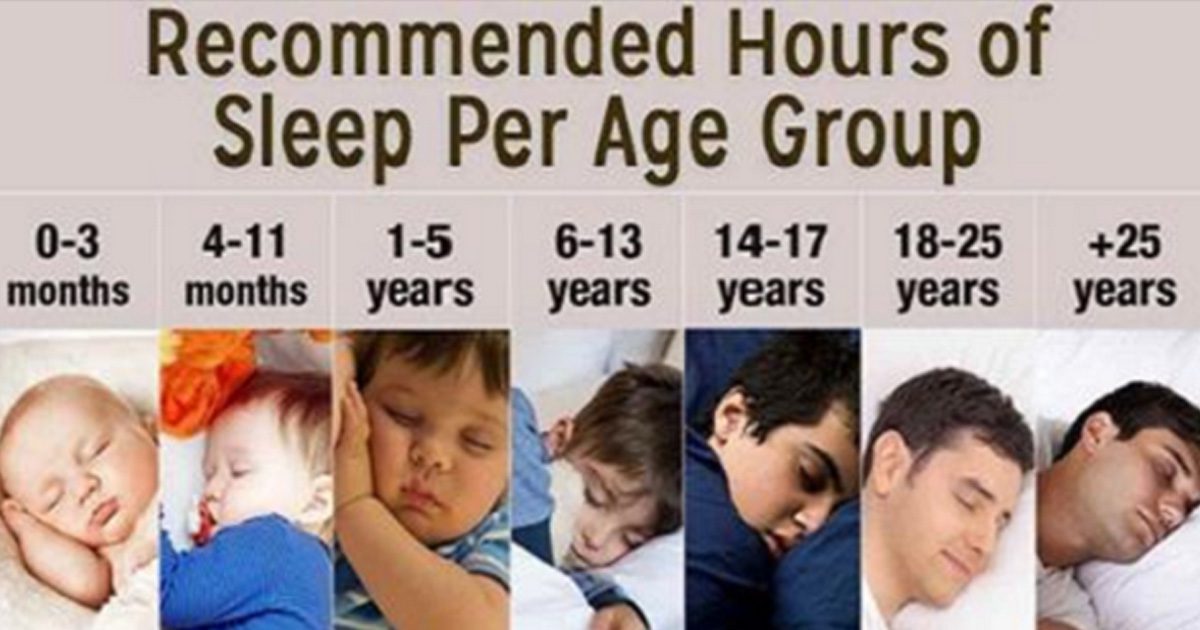Studies show that people go to sleep later and overall sleep less in the days leading up to a full moon but the reasons why are still unclear

Studies show that people go to sleep later and overall sleep less in the days leading up to a full moon, but the reasons why are still unclear.

Have you ever noticed that you struggle to fall asleep or find yourself tossing and turning in bed on the nights before a full moon? It turns out that you’re not alone. Recent studies have shown that people tend to go to sleep later and experience shorter overall sleep duration during the days leading up to a full moon. While this phenomenon has been observed for centuries, the reasons behind it remain a mystery.
One possible explanation for this alteration in sleep patterns could be linked to our evolutionary past. As humans, we have a complex relationship with the moon, with its brightness affecting our behavior. Before artificial lighting became widely available, our ancestors relied heavily on the moon’s glow during nighttime activities. Since the full moon emits more light, it might have influenced their sleep-wake cycles, causing them to stay awake longer.

Another theory suggests that the moon’s gravitational pull may have an impact on our sleep. The moon’s gravitational force affects the tides of oceans, and since our bodies are composed of 60% water, it is conceivable that lunar gravity could influence our internal systems. However, conclusive evidence supporting this theory is still lacking.
Furthermore, scientists speculate that the moon’s phases could potentially disrupt our circadian rhythm. Our internal body clock regulates our sleep-wake cycles based on external cues, such as light and darkness. The brightness of a full moon may interfere with this natural mechanism, leading to delayed sleep onset and decreased sleep duration.
Interestingly, a study published in the journal Current Biology found that individuals in urban environments are more affected by lunar cycles compared to those in rural areas. This discrepancy suggests that the presence of artificial light in cities might amplify the moon’s disruptive effects on our sleep patterns.
While the exact reasons behind this sleep disruption remain uncertain, it is essential to understand the implications it may have on our overall health. Poor sleep quality and inadequate sleep duration have been associated with various health issues, including obesity, cardiovascular diseases, and impaired cognitive function. Therefore, further research is needed to shed light on this phenomenon and its potential impact on our well-being.
In conclusion, studies have demonstrated a correlation between the full moon and disrupted sleep patterns, with people tending to go to bed later and sleep less in the days leading up to it. However, the underlying causes of this phenomenon are still not fully understood. Whether it is due to our evolutionary past, gravitational influences, or disrupted circadian rhythms, the effects of the moon on our sleep continue to be a subject of fascination and further investigation.
Source: Cleveland Clinic
Share
Related Posts
Quick Links
Legal Stuff

